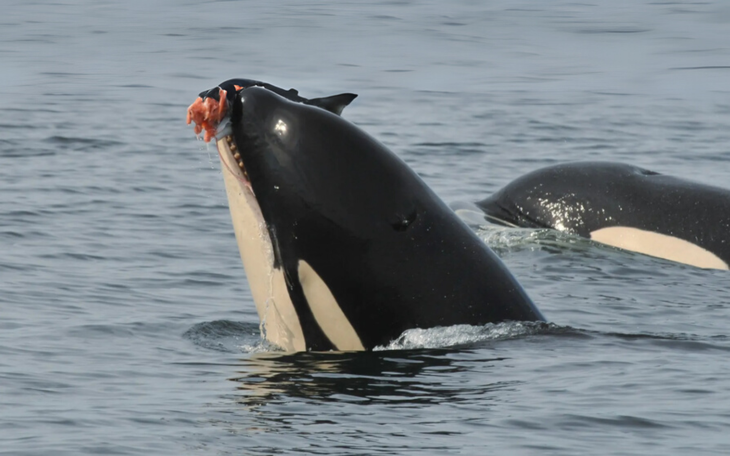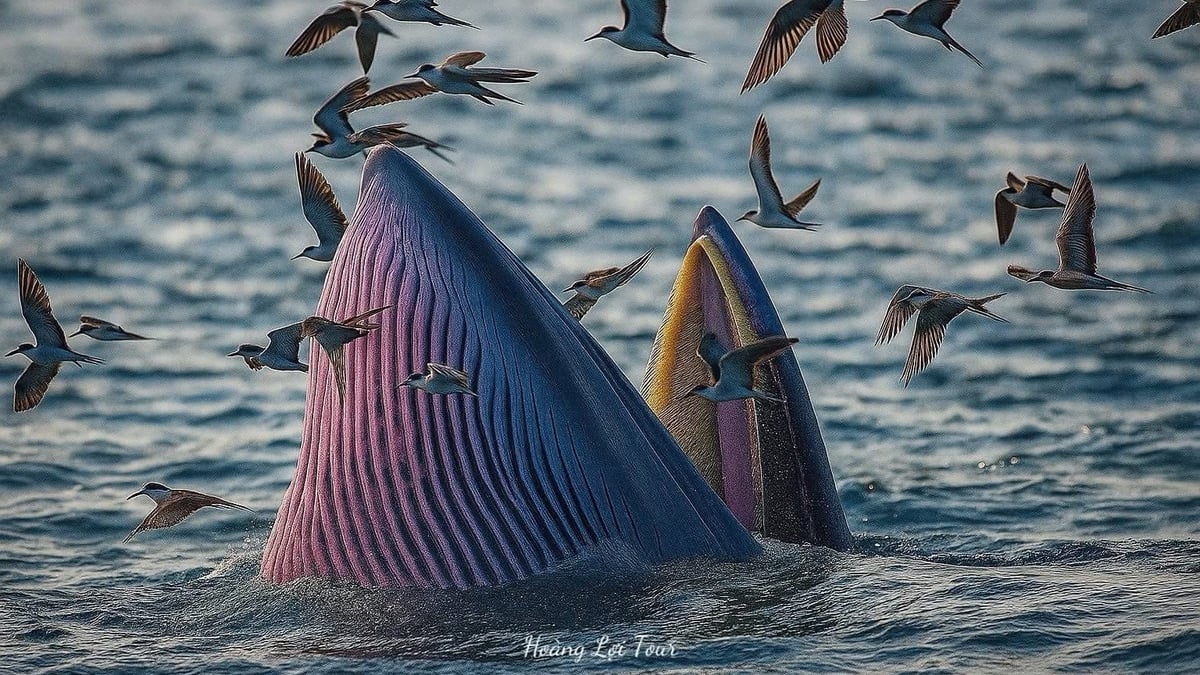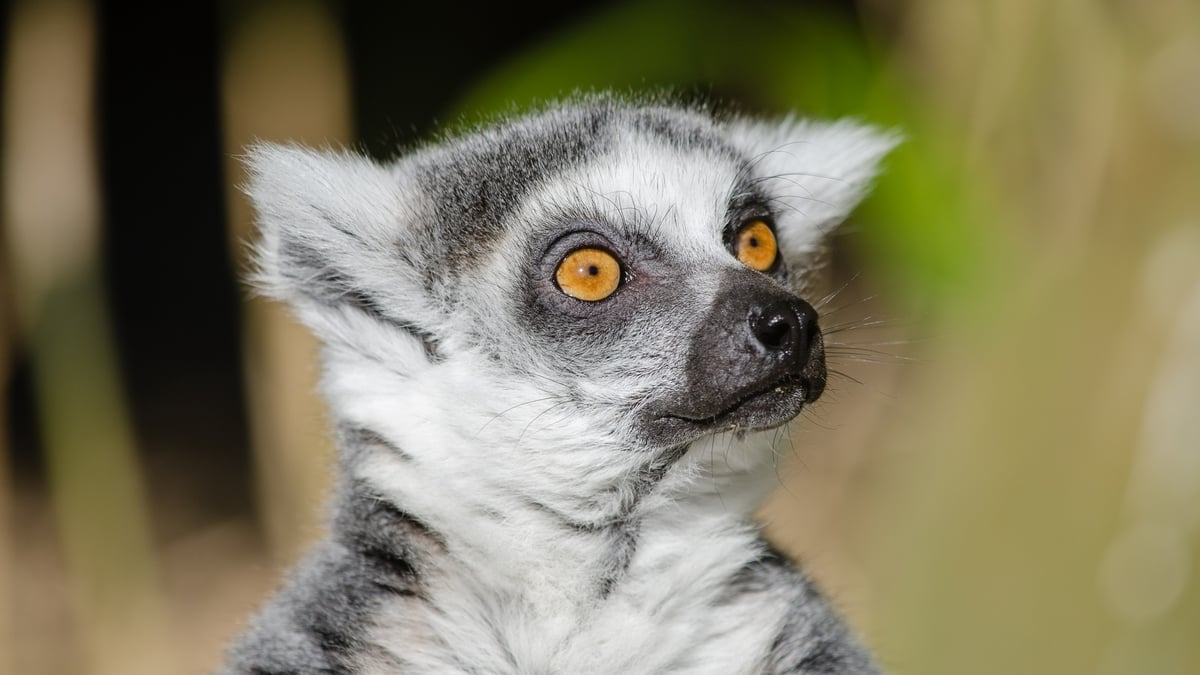
Many killer whales - the ocean's apex predators - have tried to give gifts to people and wait to see their reactions - Photo: Center for Whale Research
Over the past 20 years, the team recorded at least 34 times when killer whales approached swimmers, fishermen or tourists on boats, gently dropping bait in front of them and patiently waiting to see how they reacted.
According to the team of researchers from Canada, New Zealand and Mexico, these events occurred in many coastal areas such as California, New Zealand, Norway and Patagonia. Of these, 11 occurred while people were in the water, 21 while they were on a boat, and 2 right on the shore.
In each event, the whales came to the humans and actively dropped the bait (not because the humans got too close). Notably, almost all the whales lingered after the “gift” was delivered. They appeared curious, waiting to see how the humans would react, seemingly observing how they would interact. Seven times, they even tried to give more bait when the recipients refused.
"Killer whales are known to share food within their pods to strengthen relationships. Sharing with humans may reflect their interest and efforts to establish a connection with us," said Jared Towers, lead author of the study from Bay Cetology in British Columbia, Canada.
Predator-sharing behavior between wild animals and humans is rare. In the wild, killer whales are known for their intelligence, living in close-knit groups, and using food sharing to build bonds not only with relatives but also with individuals who are not related by blood. They are also skilled hunters, often taking down prey larger than themselves, so they have plenty of food to "give away".
Experts believe that giving food may also be a way to practice learned cultural behavior, a form of exploration , play, and testing of building relationships with humans. Because, with complex cognitive abilities and high sociality, killer whales may have many motives and purposes behind this seemingly simple action.
The new research, published in the Journal of Comparative Psychology , marks a major step forward in understanding the interspecies relationship between humans and the intelligent "kings" of the ocean.
Source: https://tuoitre.vn/la-lung-ca-voi-sat-thu-tang-ca-cho-nguoi-20250706121618378.htm



































































































Comment (0)